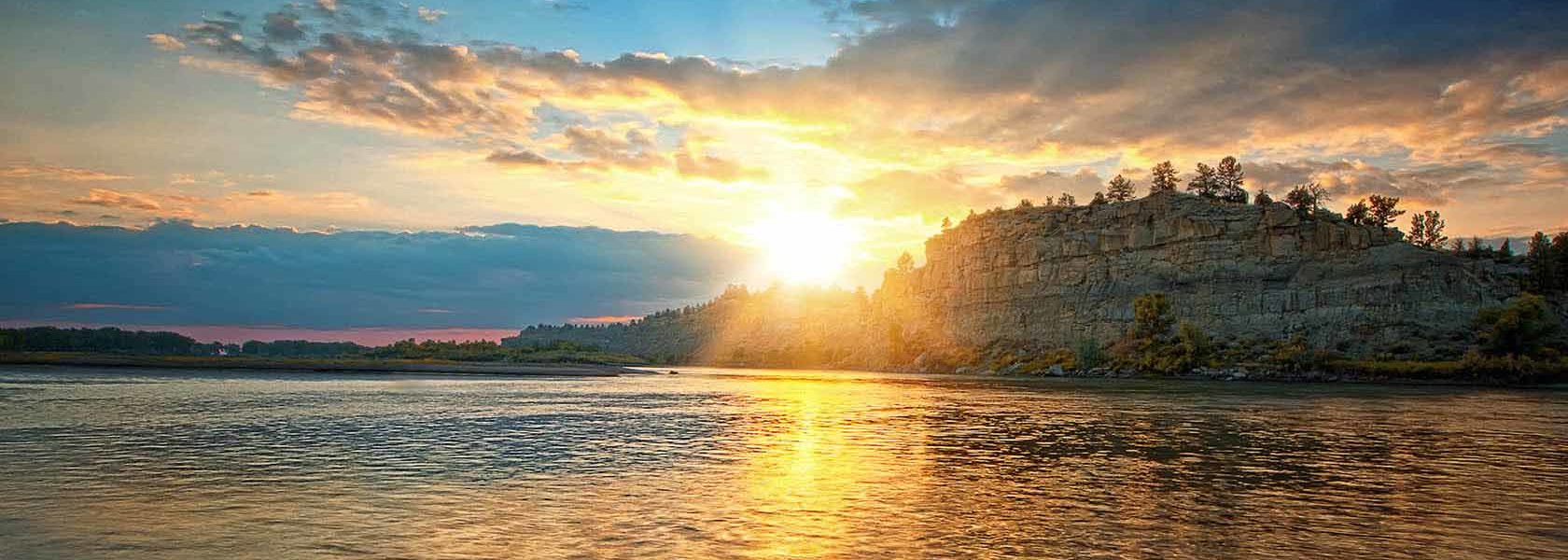By Mike Koshmrl, WyoFile.com
True to its species’ reputation, the undersized smallmouth bass lacked neither ambition nor aggression: The roughly 10-inch fish attacked a nine-inch streamer.
The Montana State University student who hooked it would later regret letting the bronzeback paddle away when he learned that the nonnative warmwater game fish had never been found so far upstream in the Yellowstone River watershed. He’d plucked this one from the Gardner River on the doorstep of Yellowstone National Park, where smallmouth could wreak havoc on native fisheries.
Todd Koel, Yellowstone’s supervisory fisheries biologist, heard about the historic catch from his son, and tracked the young man down to verify his location. “I spoke to the angler who provided a video of his catch that leaves no doubt where he was,” Koel wrote to federal and state fisheries biologists and conservationists in emails sent this week that were later acquired by WyoFile.
Yellowstone’s longtime Native Fish Conservation Program leader hinted at the gravity of the situation in the subject line: “Invasive Predatory Smallmouth Bass Caught from the Gardner River.”
“My understanding is that smallmouth don’t do well in waters colder than [50 degrees],” Koel wrote. “The problem is, of course, that Yellowstone has many warm waters similar to the Gardner.”
Koel described smallmouth potentially reaching one of Yellowstone’s premiere native cutthroat trout fisheries, the Lamar River system, as a “nightmare.” And he suggested that scenario is likely in the future.
“There is a good chance that smallmouth in the Yellowstone River will eventually be able to pass over Knowles Falls in the Black Canyon,” he wrote. “If that happens we will one day see them at Tower, the Buffalo Ranch, and the Slough Creek campground. This will be the only nonnative fish species in the park capable of preying upon semi-aquatic animals such as snakes or fledgling waterbirds.”
Smallmouth bass are native to eastern North America, including the Mississippi River basin, Great Lakes, Hudson Bay basin and St. Lawrence River watershed. They thrive in flowing water and are known for withstanding relatively cool water temperatures.
Often welcomed as a game fish where they don’t overlap with trout, introduced populations of smallmouth have spread across Wyoming. They’ve been observed in the Big Horn, North Platte, Powder, Upper Laramie and Green River basins, according to the U.S. Geological Survey.
The Montana State University student’s smallmouth catch at the confluence of the Gardner and Yellowstone rivers on Feb. 19 likely traces to a planned stocking more than a half century ago. Montana fisheries biologists dumped them into the lower Tongue River starting in 1966, outdoor writer Jack Ballard wrote in a 2017 edition of Montana Outdoors.
Smallmouth, a red-eyed sunfish cousin, have since steadily crept upstream, and there are now strong populations in the mainstem of the Yellowstone from Billings to the Powder River confluence. About five years ago Montana Fish, Wildlife and Parks caught one near Emigrant in Paradise Valley, but they’ve been more prevalent downstream near Big Timber and Laurel, Koel wrote in his email.
The angler’s catch at the Gardner, Yellowstone river confluence was just “a few feet” north of Yellowstone’s boundary, Koel wrote. Finding one there wasn’t a shocker to Cody resident Dave Sweet, a lifelong active member of Trout Unlimited’s East Yellowstone Chapter. He’s been a central figure in Yellowstone’s $2 million annual effort to knock back lake trout in Yellowstone Lake, where the exotic char crashed the population of native cutthroat trout.
“Obviously this doesn’t really mean impending doom by any stretch,” Sweet told WyoFile about the smallmouth catch. “It’s a slow process of moving upstream, but I hate to see it.”
Expansion, Sweet thought, was inevitable, as the water temperatures on the Yellowstone plateau become more agreeable to warmer-water species.
“There’s no way to stop that unless there’s a barrier in the way,” he said. “No matter what people think about global warming, the world is warming and our streams are warming.”






